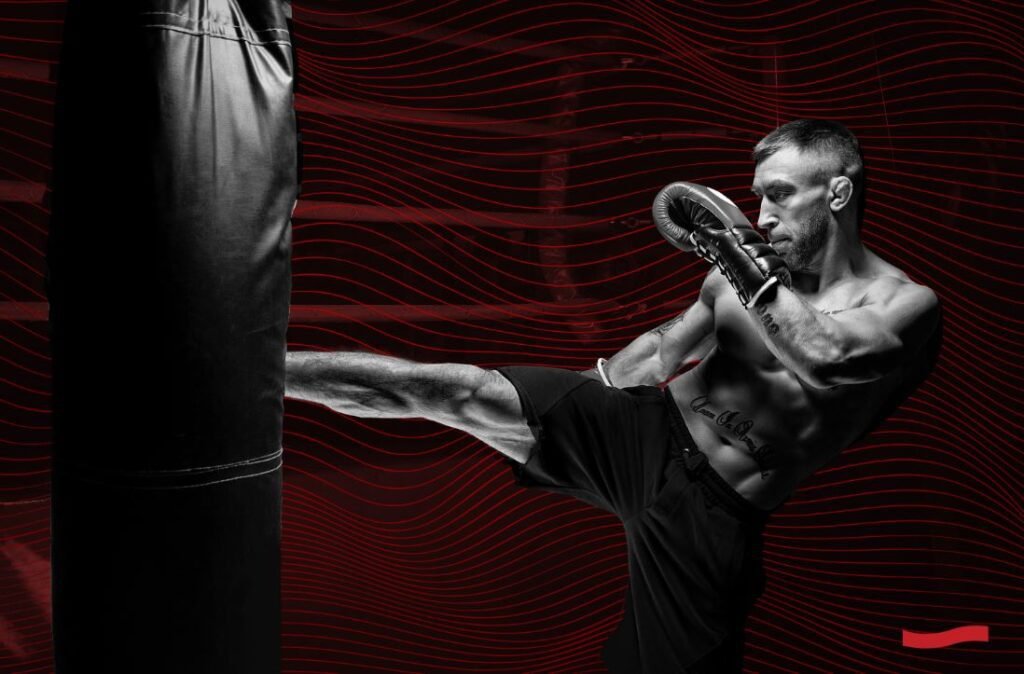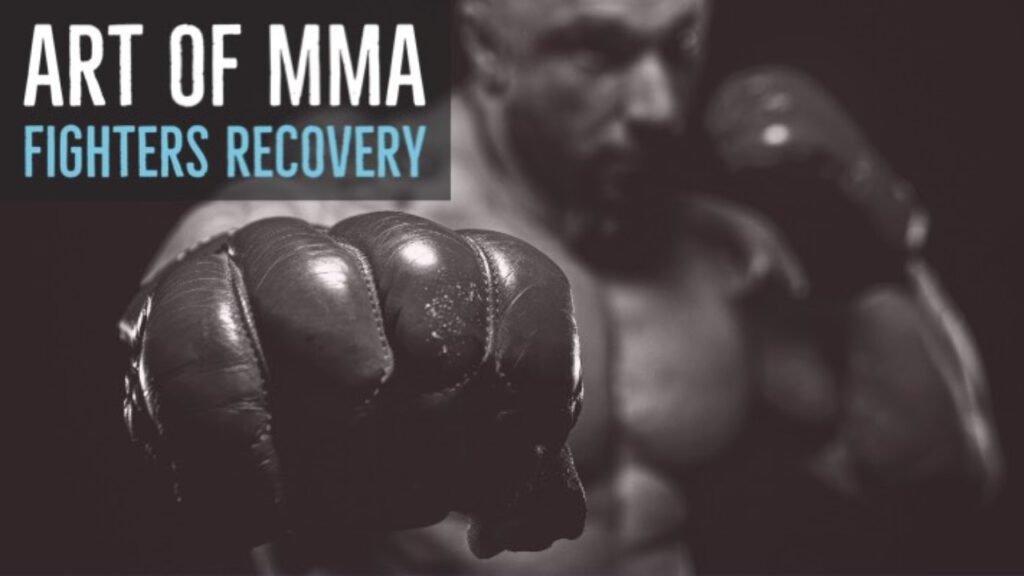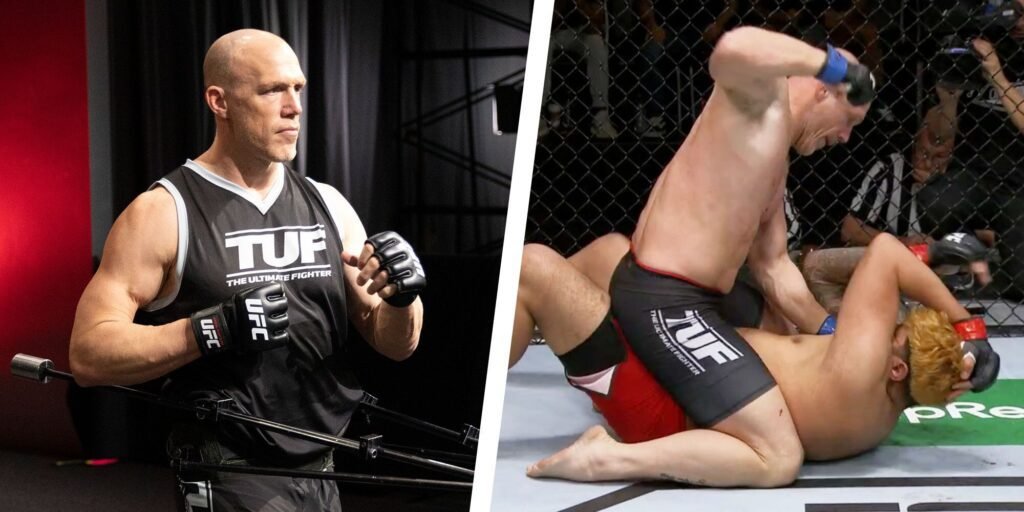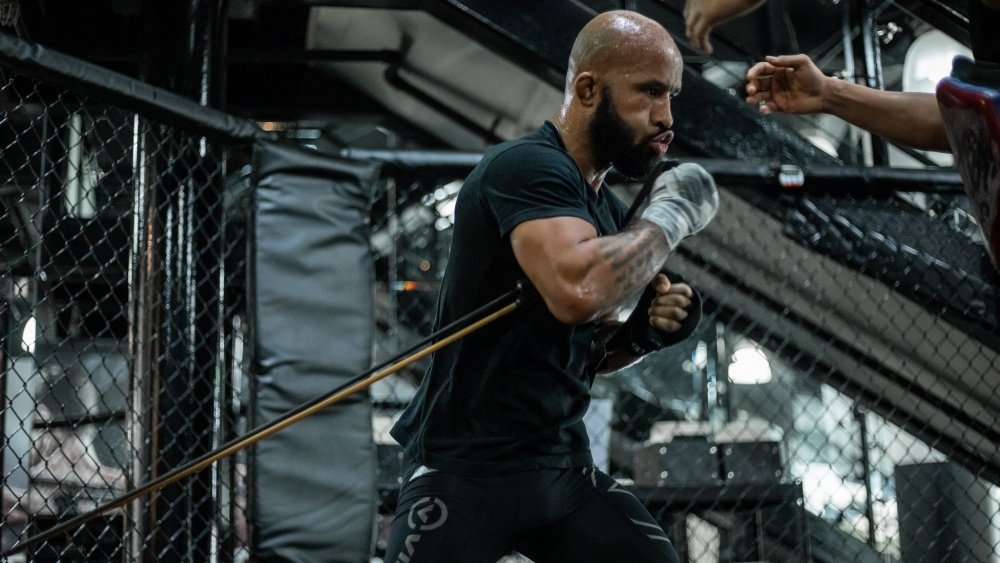In the “Ultimate Guide to Rapid Recovery for MMA Fighters,” you’ll discover invaluable techniques and strategies tailored to help you bounce back quicker and stronger from your intense training and brutal matches. This comprehensive guide is packed with practical insights on nutrition, effective rest methods, mental resilience, and cutting-edge recovery tools to ensure you’re always at your peak performance. Whether you’re a seasoned fighter or just starting your journey in mixed martial arts, this guide will become your go-to resource for keeping your body and mind in optimal condition. Have you ever wondered what top MMA fighters do to bounce back quickly after a grueling match? If you’re an MMA fighter or someone training in the sport, you know how essential it is to recover swiftly and effectively. Rapid recovery is crucial not just for peak performance but also for long-term health and career longevity. So, let’s delve deeper into the ultimate guide to rapid recovery for MMA fighters.

Introduction to Rapid Recovery
Rapid recovery isn’t just about feeling less sore the next day; it’s about optimizing your body to heal faster, reduce downtime, and get back into training sooner. Your body’s ability to repair itself after intense physical stress is vital in a sport as demanding as MMA.
Understanding the Importance of Recovery
Recovery is a fundamental part of any training program. Without adequate recovery, your body cannot adapt to the stresses of training, making you more susceptible to injuries and burnout. For MMA fighters, the stakes are even higher due to the sport’s grueling nature.
Factors Influencing Recovery
Recovery is a multifaceted process influenced by many factors such as sleep, nutrition, hydration, and specific recovery techniques. A proper recovery strategy encompasses all these elements to ensure that you’re back to your best self in no time.
Sleep: The Unsung Hero
Sleep is arguably the most critical component of recovery. During sleep, your body repairs tissues, releases growth hormones, and consolidates memory—essential for refining your skills and techniques.
Nutrition: Fueling Your Recovery
What you eat and when you eat can significantly impact how quickly you recover. Nutrient-dense foods provide the building blocks your body needs to repair tissues and replenish energy stores.
Hydration: Essential Yet Overlooked
Water is necessary for almost every bodily function, including muscle repair and joint lubrication. Staying well-hydrated can drastically improve your recovery times.
Supplementation: Extra Boost or Unnecessary?
Supplements can provide an additional edge when it comes to recovery. While a balanced diet should cover most of your nutritional needs, certain supplements can help fill in the gaps.
Protein: The Building Block of Muscles
Protein is crucial for muscle repair. Without adequate protein intake, your body struggles to repair and grow stronger.
BCAAs: Muscle Saviors
Branched-Chain Amino Acids (BCAAs) are known to reduce muscle soreness and fatigue. They are especially helpful when you’re training hard and need to ensure rapid recovery.
Omega-3 Fatty Acids: Inflammation Fighters
Omega-3s help reduce inflammation, allowing your muscles to recover faster and decreasing the risk of overuse injuries.
Recovery Table
| Supplement | Benefits | Recommended Dosage |
|---|---|---|
| Protein Powder | Muscle repair and growth | 20-30 grams post-workout |
| BCAAs | Reduce muscle soreness and fatigue | 5-10 grams pre or post-workout |
| Omega-3 Fatty Acids | Reduce inflammation | 1-2 grams per day |

Active Recovery: Don’t Just Sit There
Contrary to what you might think, doing absolutely nothing isn’t the best way to recover. Low-intensity activities like light jogging, swimming, or yoga can enhance blood flow and deliver more oxygen to your muscles.
Active Recovery Activities
- Swimming: Gentle on the joints and excellent for cardiovascular conditioning.
- Yoga: Improves flexibility and reduces muscle tension.
- Light Jogging: Boosts circulation without putting too much stress on your muscles.
The Role of Massage Therapy
Massage therapy is not just a luxury; it’s a necessity for serious MMA fighters. It helps in loosening tight muscles, reducing stress, and improving circulation.
Types of Massage Techniques
- Swedish Massage: Good for overall relaxation.
- Deep Tissue Massage: Targets deeper layers of muscle and connective tissue.
- Sports Massage: Focuses on areas that are overused and stressed from repetitive movements.

Cryotherapy: The Cold Truth
Cryotherapy involves exposing your body to extremely cold temperatures for a few minutes. This can drastically reduce muscle soreness and inflammation, making it a go-to recovery technique for many athletes.
Benefits of Cryotherapy
- Speedy Recovery: Reduces muscle soreness significantly.
- Enhanced Performance: Allows you to train at higher intensities more frequently.
- Mental Clarity: The cold can also help clear your mind, which is crucial for tactical sports like MMA.
Compression Garments: Worth the Hype?
Compression garments are designed to improve blood flow and reduce muscle oscillation during movement. They can be beneficial for both performance and recovery.
When to Use Compression Garments?
- Post-Workout: To speed up recovery by enhancing blood circulation.
- During Sleep: Some athletes wear compression garments overnight for enhanced recovery.
- During Travel: To prevent your muscles from getting stiff during long journeys.

Heat Therapy: The Warm-Up Recovery
Heat therapy can be an excellent way to relax muscles and improve blood flow. It is particularly useful for stiff or sore muscles.
Effective Heat Therapy Methods
- Hot Baths: Soak in a hot bath with Epsom salts.
- Heating Pads: Apply to sore or stiff areas.
- Saunas: Spend 10-15 minutes in a sauna post-workout.
Nutrition Strategies for Optimal Recovery
Your diet isn’t just about what you eat; it’s about when and how you eat it. Timing your nutrition can amplify your recovery results.
Post-Workout Nutrition
The period immediately after a workout is crucial for recovery. Consuming a mix of protein and carbohydrates can help accelerate the recovery process.
- Protein Shake: Immediately post-workout.
- Balanced Meal: Within 2 hours that includes lean protein, complex carbs, and healthy fats.
Anti-Inflammatory Foods
Incorporating anti-inflammatory foods into your diet can significantly aid recovery.
- Turmeric: Contains curcumin, a strong anti-inflammatory agent.
- Ginger: Known for its anti-inflammatory and anti-oxidative properties.
- Berries: High in antioxidants that help combat inflammation.
Hydration Tips
- Electrolytes: Keep your electrolyte levels balanced, especially after intense workouts.
- Regular Water Intake: Sip water throughout the day; don’t wait until you’re thirsty.

Sleep Strategies for Faster Recovery
Sleep is non-negotiable when it comes to rapid recovery. Here are some strategies to improve your sleep quality:
Sleep Environment
- Dark Room: Use blackout curtains to block any light.
- Cool Temperature: Set your room temperature to between 60-67°F (15-19°C).
- Minimal Noise: Use earplugs or a white noise machine if necessary.
Sleep Hygiene Practices
- Consistent Schedule: Go to bed and wake up at the same time daily.
- Limit Screen Time: Avoid screens at least an hour before bed.
- Relaxation Techniques: Practice mindfulness or deep breathing exercises before bed.
Mental Recovery: The Overlooked Aspect
Mental recovery is just as important as physical recovery. Combat sports can be mentally exhausting, and it’s crucial to recharge your mind as well.
Effective Mental Recovery Techniques
- Mindfulness Meditation: Helps reduce stress and improve focus.
- Journaling: Write about your thoughts and experiences to gain mental clarity.
- Visualizations: Imagine successful training sessions and fights to build confidence.
Injuries: Prevention and Management
Injuries are an inevitable part of any contact sport, but the way you manage them can make a world of difference.
Common MMA Injuries
- Sprains and Strains: Often occur in joints like ankles and wrists.
- Cuts and Bruises: Common due to the physical nature of the sport.
- Concussions: Can occur due to head impacts.
Injury Management Techniques
- R.I.C.E Method: Rest, Ice, Compression, Elevation—ideal for acute injuries.
- Physical Therapy: Important for long-term recovery.
- Medical Attention: Always consult medical professionals for severe injuries.
Personalized Recovery Plans
What works for one fighter might not work for another. Personalizing your recovery plan to suit your specific needs is crucial for optimal results.
Factors to Consider
- Training Intensity: More intense training requires more rigorous recovery protocols.
- Body Composition: Muscle mass, fat percentage, and overall body weight can influence how you recover.
- Age: Younger athletes might recover quicker, but older athletes require more focus on recovery.
Sample Personalized Recovery Plan
| Time of Day | Recovery Activity |
|---|---|
| Morning | Light Yoga and Hydration |
| Post-Workout | Protein Shake and Compression Garments |
| Afternoon | Active Recovery (Light Jogging/Swimming) |
| Evening | Balanced Meal and Heat Therapy |
| Night | Mindfulness Meditation and Quality Sleep |
Conclusion
Rapid recovery is a holistic approach that combines physical and mental strategies to get you back to your best self as quickly as possible. From sleep and nutrition to specialized therapies and mental recovery, every component plays a vital role.
Investing the time and effort in a comprehensive recovery strategy will not only enhance your performance but also help you enjoy a long, healthy career in MMA. Now, are you ready to turn your recovery game around?
Ultimate Guide to Rapid Recovery for MMA Fighters is your go-to resource for unlocking your full potential. Remember, the path to greatness isn’t just paved with hard work and dedication; it’s also about how well you recover.
So go ahead, listen to your body, give it what it needs, and watch yourself transform into a faster, stronger, and more resilient fighter. You’ve got this!

